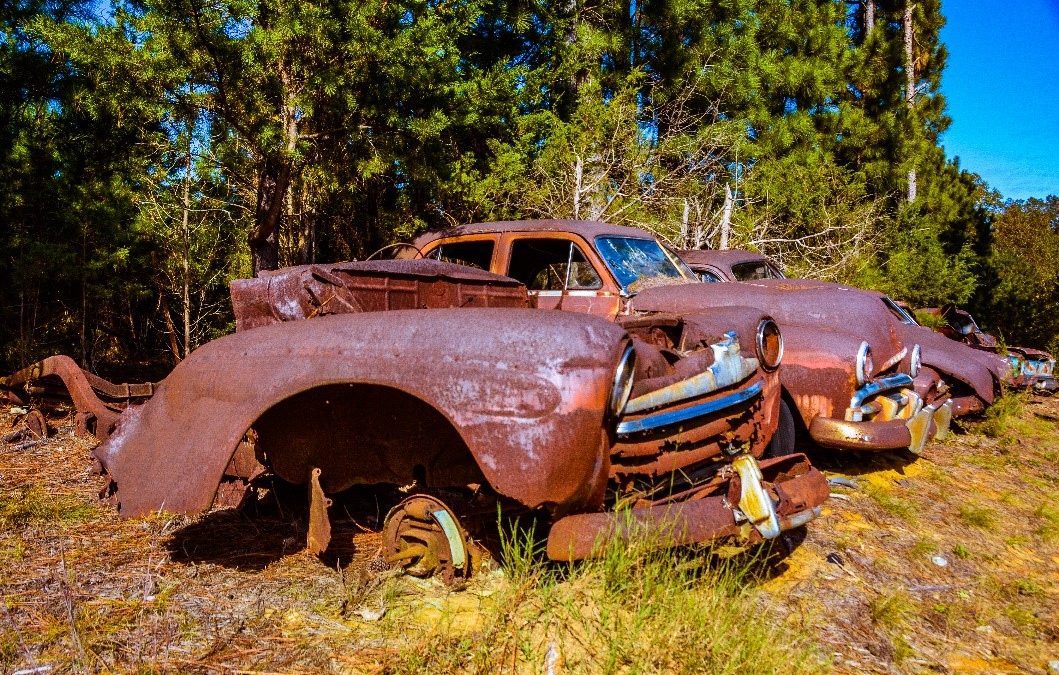Not long ago, I received a call asking me to go check on a homeless veteran. The call came from three states away, from someone familiar with the veteran. I called the cell phone number given and spoke with Ben (not his real name, learning that he had been living in his car for two and a half years. That was shocking to hear.
Ben was hesitant to meet with me the day I called him but agreed to do so the following morning. As I drove to his location in a nearby town the next day at 9 a.m., it was already 92 degrees outside. Pulling up to the address he gave me, a very gaunt looking older man stepped off the front porch and came to my car window. Ben didn’t live there but got in and directed me down the street and around the corner. Ben’s broken-down car sat among knee-high weeds, alongside a condemned house that used to belong to his grandfather. I couldn’t even begin to imagine the level of endurance needed to survive like that.
It was a punch in the gut to hear, especially as he got more comfortable with me, to tell more of the story of how he had ended up in that condition. As his vitality diminished, he didn’t know where to turn for help. Ben, being an older gentleman, was unfamiliar with the interconnectedness of our on-demand digital world or all the wonderful resources available to him. But someone did something. A simple phone call. Suddenly this veteran, who we did not know was out there, was no longer a walking casualty.
That night at our residence, which this generous community provided, he slept in a king-size bed, in his own air-conditioned room. It was a pleasure to watch Ben regain his strength and vigor over the following weeks, as he found his place within our culture of recovery.
One of the heartbreaking aspects of doing what we do is encountering veterans who have endured soul-crushing isolation. We recognize its effects not just on their mental health, but their physical health as well. Sadly, in caring for them, we often identify a potential support network of family and friends who were there all along, but just haven’t stepped in to help. Homeless service agencies now focus on potential support networks in their public forums and some offer incentives to help them bear the burden of the vulnerable person within the community. Hopefully it’s an idea that grows.
We cheer these efforts yet remain ever vigilant to stand in the gap for homeless veterans against the isolation which renders them vulnerable.

